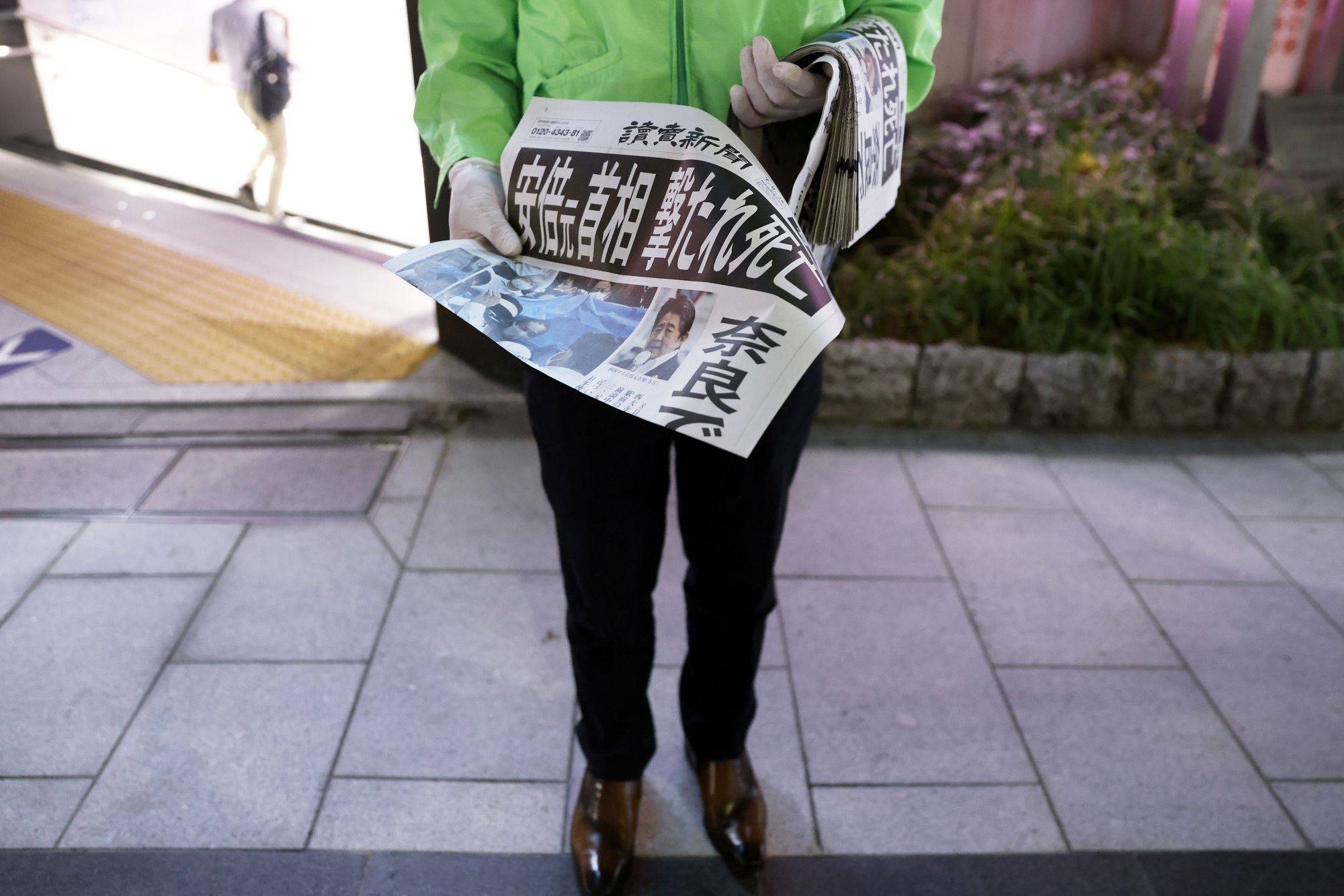Former Prime Minister Shinzo Abe was shot and killed on July 8 in Nara while delivering a campaign speech two days prior to a national election.
The alleged shooter, Tetsuya Yamagami, used what local media are referring to as a 手製の銃 (tesei no jū, handmade gun) to kill Abe. Although the former prime minister was rushed to the hospital after the attack, he died later that day due to 大量出血 (tairyō shukketsu, massive blood loss).
Abe’s death might be a rather somber topic for the Bilingual section, but in the reporting that followed the incident an interesting language lesson emerged. While English-language media described what happened as an 暗殺 (ansatsu, assassination), the Japanese media largely avoided using that term.


















With your current subscription plan you can comment on stories. However, before writing your first comment, please create a display name in the Profile section of your subscriber account page.